On Tuesday, April 30, ESPN will premiere its “30 for 30” series on one of St. John’s Men’s Basketball’s most legendary players, Felipe López.
As the first player from the Dominican Republic to get drafted into the NBA in 1998, López’s story and his rise to fame inspired Dominicans and Americans alike. Although baseball is the predominant sport for most Dominicans, López wasn’t just another player pitching or batting baseballs in an open field. He dribbled, rebounded and dunked his way through the court from a park in Santiago to the NBA draft.
The documentary, titled “The Dominican Dream,” is the story of 14-year-old López immigrating to the Bronx with his family from Santiago, Dominican Republic in hopes of better opportunities and achieving an unimaginable dream, instantaneously.
López was renowned as the next Michael Jordan, or the “Dominican Michael Jordan,” during his career at St. John’s between 1998 and 2002. His legacy began when he was featured in Sports Illustrated before playing a single game in college, at the age of 19.
“I was on Sports Illustrated before I even arrived to St. John’s so the expectations were through the roof,” he said during a phone interview with the Torch. “I felt like I needed to win but in the Big East Championship, I felt like I needed to take St. John’s all the way up to the Final Four or probably win the championship there. So a lot of the expectations was a burden that I needed to carry.”
While his father played amateur baseball in high school, López’s pursuit in playing the sport minimized after frequent injuries. He believed it to be too physical.
“I don’t want to get hit by no baseball coming at 90 miles per hour,” López expressed.
López turned his attention to basketball because of the accessible courts in Santiago and the lack of open fields to play baseball.
“The thing about Santiago is that we don’t have too many open fields,” he said. “It is the second capital of our nation so the population is, I wouldn’t say crowded, but we don’t have that many open fields like San Pedro and other places so the easier thing for us is to have a basket close and light poles.”
He added that he learned the sport very early on, and was influenced by his two brothers and one sister who all played basketball. “I followed them around, I was the ball boy, I did everything just to be around them so just watching them gave me the love for the game,” he said.
Coming to the United States, López had to adjust to all of the differences he encountered. Not only was it about learning the new language, but also the shift in lifestyle in New York, which is completely different than what he was used to in the Dominican Republic.
“We don’t have the structure that the United States has, so it created a different point of view for me to try to adapt to this lifestyle,” he said. “The people out here [New York] aren’t as nice they are in Dominican Republic. You don’t have people coming up to you, saying hello. Everybody keeps to themselves and that’s what I needed to learn really quickly.”
For López, St. John’s was a well-rounded school that gave him the opportunity to surround himself with many cultures, being that it is located in the most diverse borough of New York.
“One of my best friends from St. John’s was a manager, an Irish kid, and to this day we have the best of a relationship,” he said. “Just because we got introduced through basketball as him being the manager and myself, being one of the top players at the school and we just bonded.”
“He taught me a lot about Irish culture and how to drink beer,” he said laughing.
López reflected on the fact that although St. John’s was very diverse, Latinos made up around ten percent of the population at the time.
“We had a nice little crew there where we called ourselves the Marillac crew,” he shared. “We would all hang out in Marillac every Friday and we’d play dominos.”
The documentary premieres at a time in which St. John’s is dealing with Chris Mullin’s exit and Mike Anderson’s entrance as the new head coach of St. John’s Men’s Basketball. López shared that although Mullin has stepped down, he believes he’s not only been a good coach and role model to current players, but that he also helped him break down boundaries through basketball during his time at St. John’s.
“When I played at St. John’s, Chris Mullin was one of the main guys who helped me step out of my boundaries and shape myself into a better athlete through his own workout because he would actually come down, after he played in the NBA with the Golden State Warriors, he would workout at St. John’s and he asked me to do everything that he did,” López said. “So I followed his own work ethic and it helped me to improve in a lot of things.”
The documentary not only addresses the St. John’s Men’s Basketball team, but also emphasizes the current issue surrounding migrating families.
“I think the issues that have been brought up right now with immigration reforms, is changing the way that people are able to come to this country and look for the same opportunities that many many other immigrants were able to be provided,” he said. “I think it tells a story about families that came to the Dominican Republic with the same ambitions and the same hope that everyone else that comes to this country, are looking for.”
He shared that his favorite thing about being Dominican is giving people the opportunity to dream big, think outside the box and help people know that anything is possible. López currently works as an ambassador for the NBA Cares program — a social responsibility program that addresses social issues around the United States and the world.
“That’s the reason the documentary is so important because it shows the many things that many people weren’t able to see or they weren’t able to hear because we didn’t have social media back then and it shows the honest stories of the ups and downs,” López concluded.



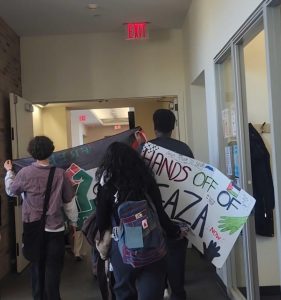

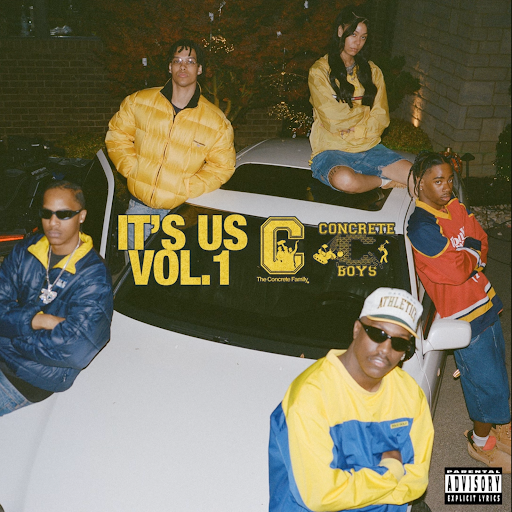
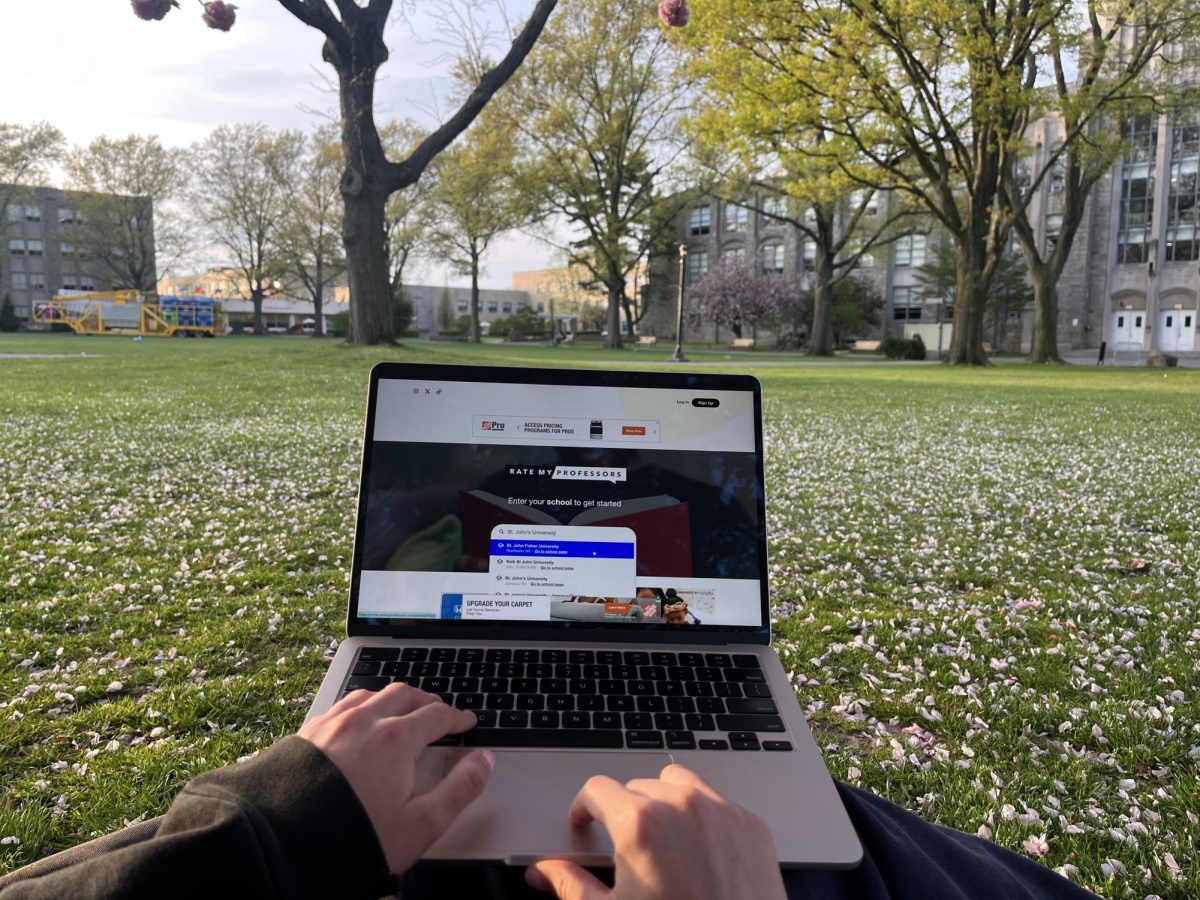
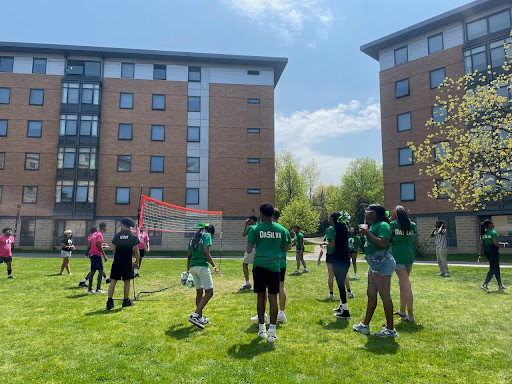
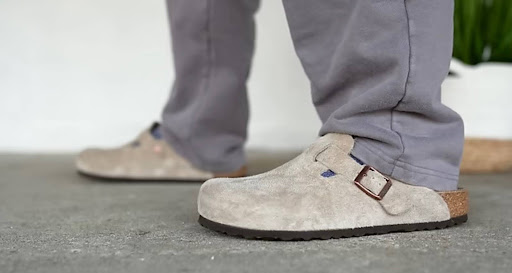
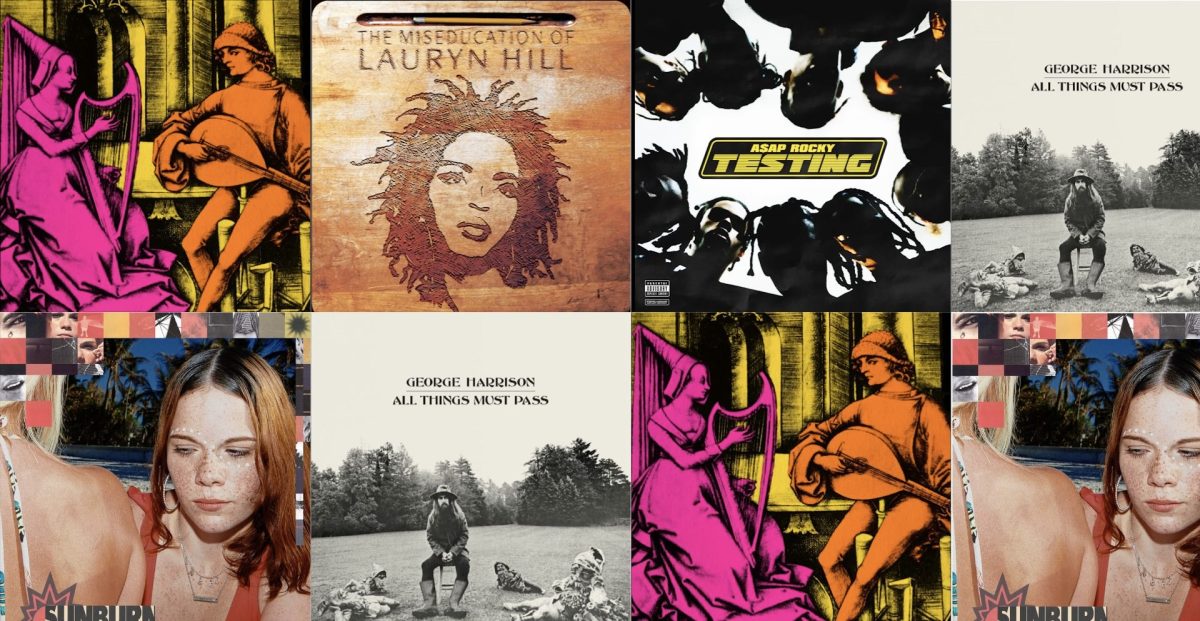

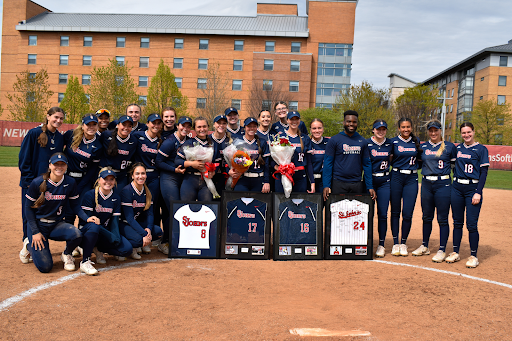

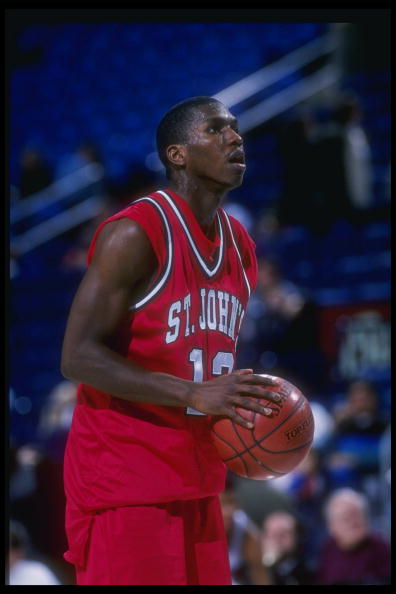
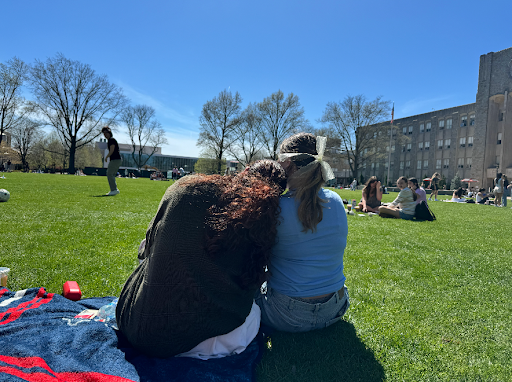
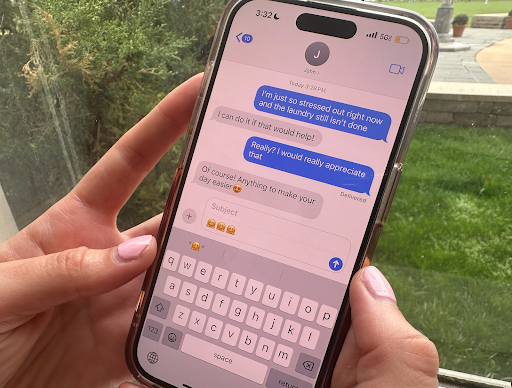

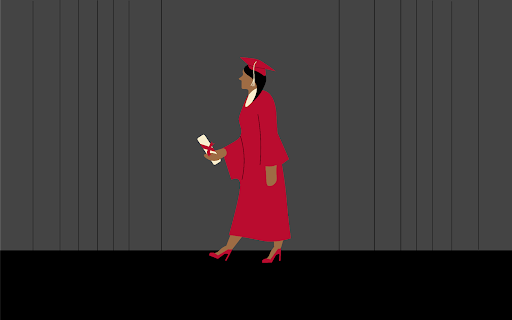
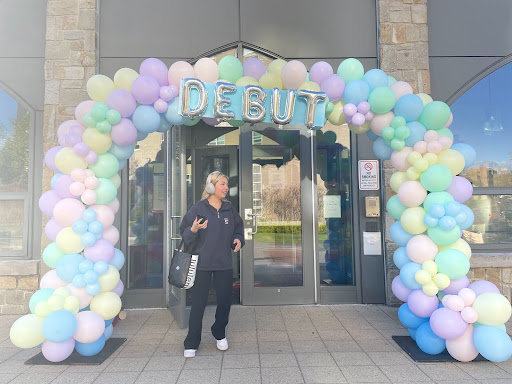
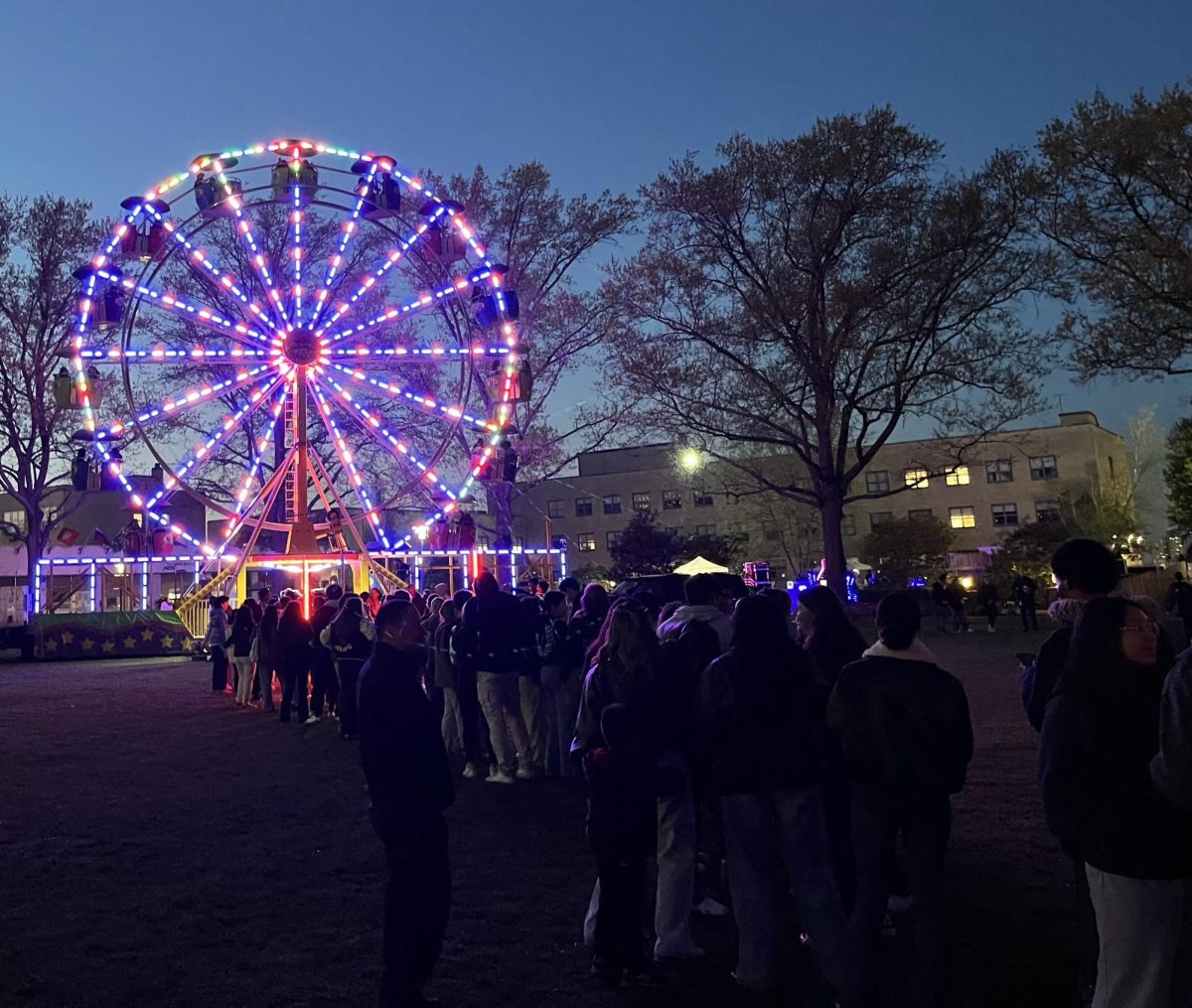
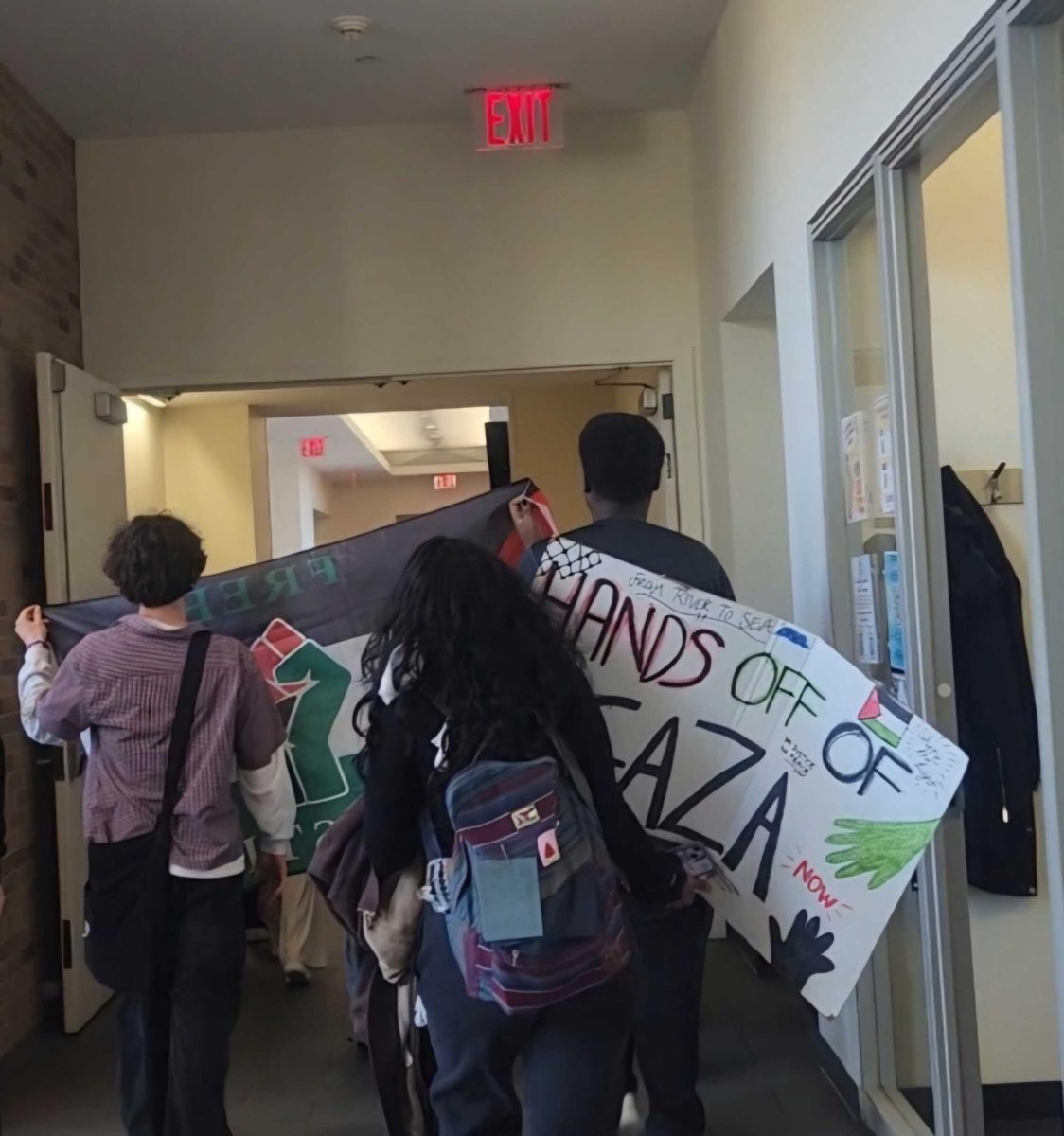
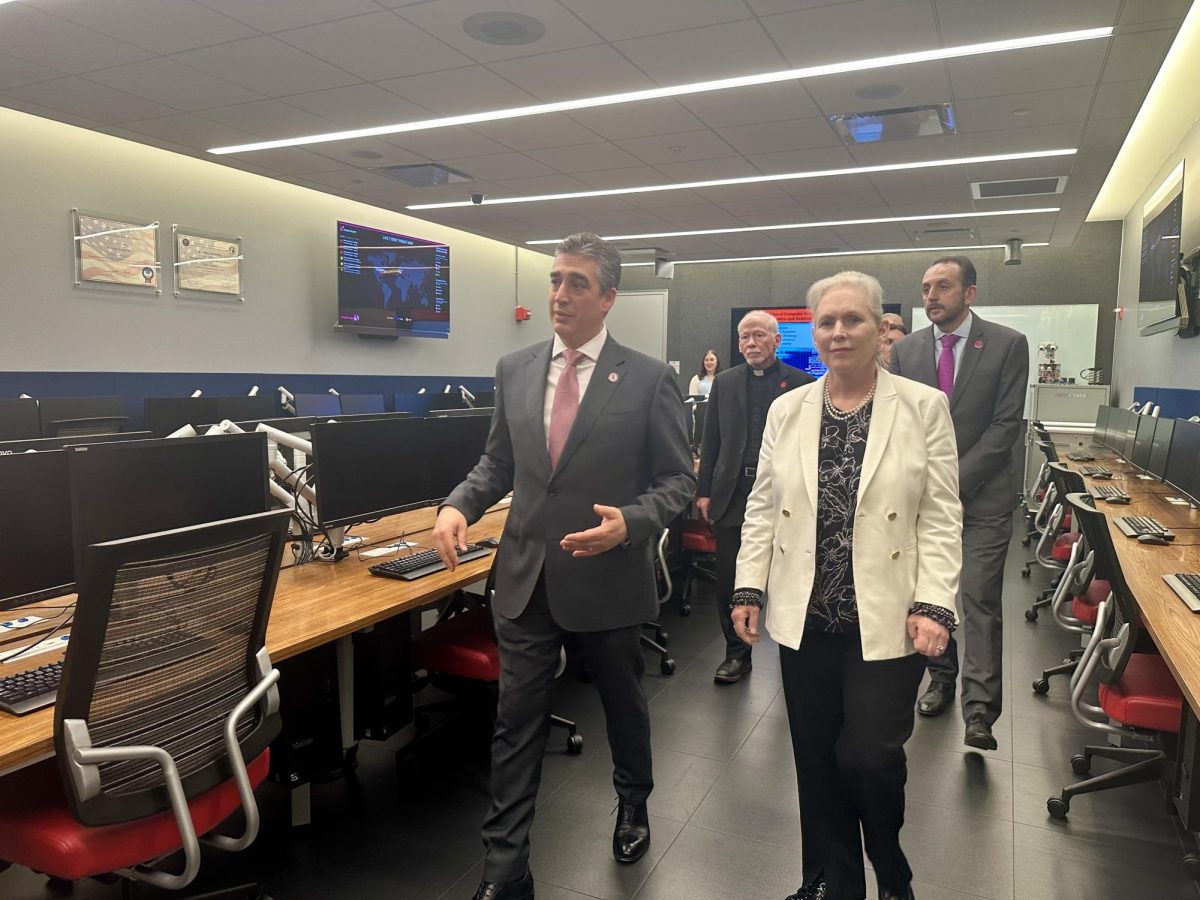
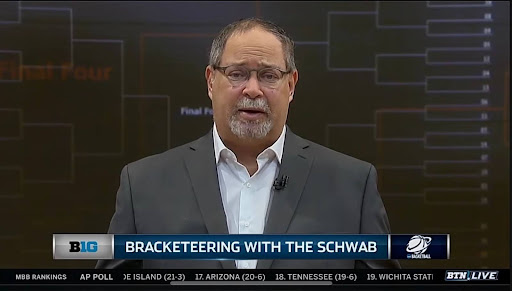
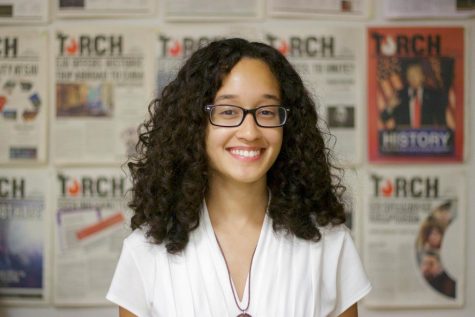
Andre Hudson • Dec 20, 2020 at 8:44 pm
My favorite player of all time!!!!